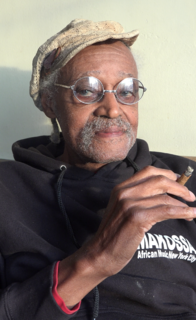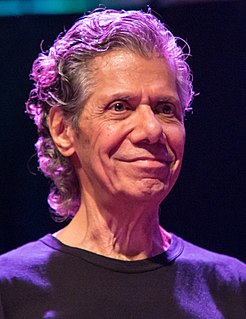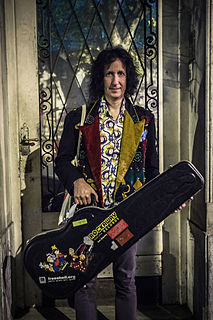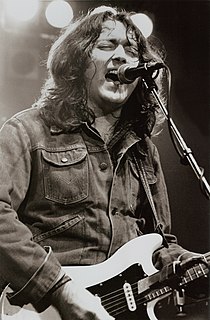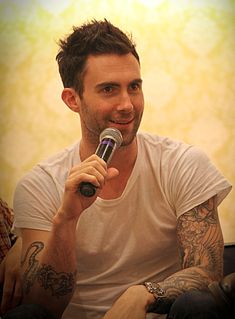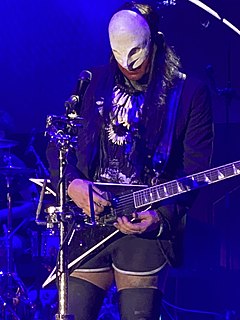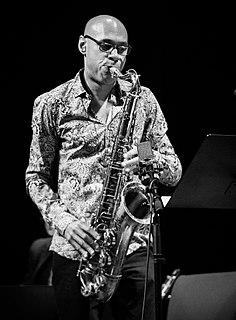A Quote by John Tesh
When I was playing piano, it was like, 'I'm going to write a song using all the white keys.' My music director, who knew my jazz background, suggested I try big-band music, so we spent a year experimenting with it in concert, and the audience reaction was really good.
Related Quotes
I was 21, and I was like, "Man, am I really gonna start over and try this whole thing over again? Do I want to start over and be in a rock band again and try to act like a 17-year-old for as long as I can?" Because that was what I was doing with Simon Dawes band. I decided that if I was going to go on playing music, I was going to try and work on it. So I got into Leonard Cohen and Will Oldham, guys that really inspired me not only as songwriters but also through their music as people, and that's kind of what the shift was for me.
I had an affinity for music and could play anything I heard on the piano, but I wasn't scholastically advanced in any way. It was more of a habitual tendency. I would work on weekends at piano bars playing jazz when I was an art student, but the music wasn't mine - it was covers: everything from Radiohead to really old jazz. But other than that, the only training I had was piano lessons from when I was nine until I was eleven.
My dad was all about music. He was a musician, leading a band when I was born. His band was active all through the 40s. He'd started it in the late 20s and 30s. According to the scrapbook, his band was doing quite well around the Boston area. During the Depression they were on radio. It was a jazz-oriented band. He was a trumpet player, and he wrote and arranged for the band. He taught me how to play the piano and read music, and taught me what he knew of standard tunes and so forth. It was a fantastic way to come up in music.
I think I'm really part of a whole generational movement in a way. I think a lot of other people since and during this time have gotten interested in writing what we can still call experimental music. It's not commercial music. And it's really a concert music, but a concert music for our time. And wanting to find the audience, because we've discovered the audience is really there. Those became really clear with Einstein on the Beach.
I'm definitely not a laptop/midi/abelton guy. But there is a lot of music I like. I really like Bach organ music. I really like Chopin piano music. I really like Wendy Carlo's electronic music. I really like Miles Davis and John Mclaughlin jazz style. So I'm not only an old-school rocker, but I have to admit that I'm going to be listening to The Doors, Rolling Stones, Iggy Pop, David Bowie and Bob Dylan many times a week.
Playing live is much more natural for me. The instant reaction and the feedback from the audience is great for me. I really relish it. And if you play blues-based music, it's not really academic music or recital music. It really needs a bit of atmosphere and a bit of interplay and a bit of roughness, and you really get that with an audience.
Big band music, to me, it really has three key elements. First is the lyrics are really sweet, and they're just really family-friendly. The second thing is the music is jazz music, so the music is complicated enough to hold your attention for 5 or 6 million plays. That makes the songs interesting. The last part is the fact that it's danceable.
I feel like there's not this black-and-white division between concert hall music and music that bands play in a bar. I don't know if this was ever truly the case, but I don't feel that I need to decide between playing for a sit-down, totally silent audience and playing for a bunch of noisy, drunk people in a bar. What I do with the group is somewhere in between.

